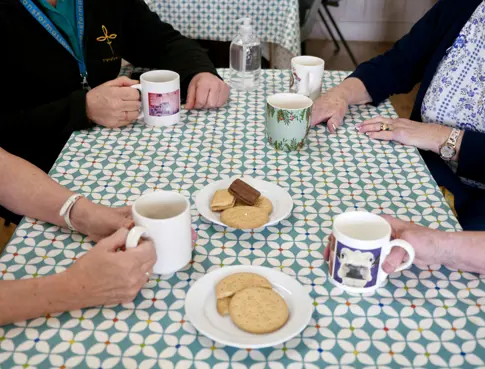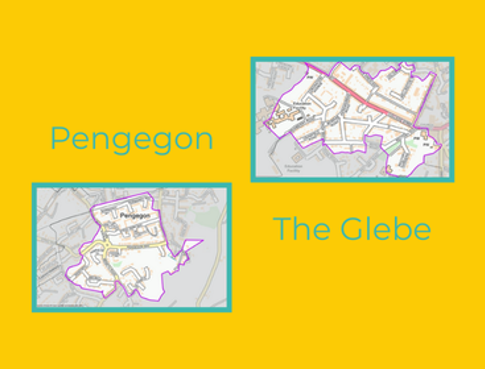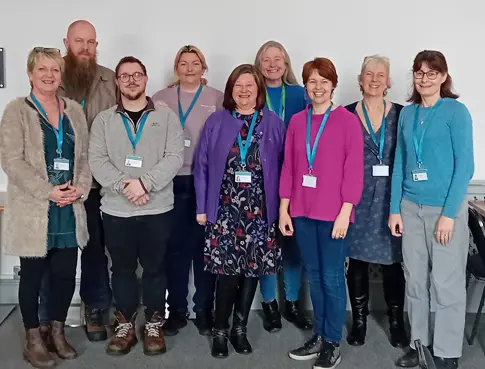
Our Community Health and Wellbeing Workers (CHWWs) are available to support your health and wellbeing.

We can support you with:
What is this service and how will it benefit me?
This service connects you with a dedicated Community Health and Wellbeing Worker who will meet with you to understand your needs and support you in achieving your personal health and wellbeing goals.
Is this service free?
Yes, the service is completely free.
Where can we meet?
We can meet you at any location that is easy for you: your home, the local cafe or at Transformation's Camborne Community Hub.
What if I'm not interested?
That's absolutely fine. We will touch base with you occasionally just in case you change your mind.

The Community Health and Wellbeing Workers provide support that is in addition to anything that a health care professional is offering, the service that we provide is not a replacement for any other support.
Please use the tool (by clicking the button) to check if you live within one of the areas in Camborne that are currently supported by Transformation's Community Health and Wellbeing Workers.
The tracker will also show you what team can support you if you live in Redruth or Pool.

Our Community Health and Wellbeing Workers (CHWWs) are frontline public health workers who are trusted members of, and have a deep understanding of, the community they serve. CHWWs act as a bridge between individuals, families, and health and social care services, providing support, education, advocacy, and connections to relevant resources. Unlike clinical professionals, CHWWs focus on holistic wellbeing, tackling the social determinants of health such as housing, employment, and social isolation. Their role is proactive and community-centered, aiming to prevent health issues before they become crises.
The CHWW Model: A Brief History
The CHWW model is inspired by Brazil’s Family Health Strategy, which has employed Community Health Agents since 1994. In Brazil, over 275,000 CHWWs work closely with primary care teams, making regular visits to households to support individuals and families with a wide range of health and wellbeing needs. The success of this model in improving public health outcomes, increasing access to care, and reducing inequalities has led to its adaptation in the UK.
The UK’s adaptation of the CHWW model began with pilot projects in Westminster, Cornwall, and other regions. The initiative, supported by the National Association of Primary Care (NAPC) and Imperial College London, has gained recognition as an effective way to integrate population health strategies within primary care. By focusing on small, defined geographical areas, CHWWs in the UK provide continuous, community-based support that complements existing healthcare services.
How CHWWs Fit into the Wider Health System
CHWWs are an integral part of the broader health and social care system. They work alongside GP practices, voluntary organisations, local councils, and other community services to ensure that individuals receive timely and appropriate support. Unlike traditional healthcare roles, CHWWs do not require referrals to engage with residents—they proactively visit every household within their designated area. This unique approach enables them to identify emerging needs early, prevent unnecessary hospital admissions, and enhance access to preventive healthcare services. CHWWs are often embedded in multidisciplinary teams (MDTs), contributing valuable insights about the communities they serve and ensuring that care is person-centered and responsive.